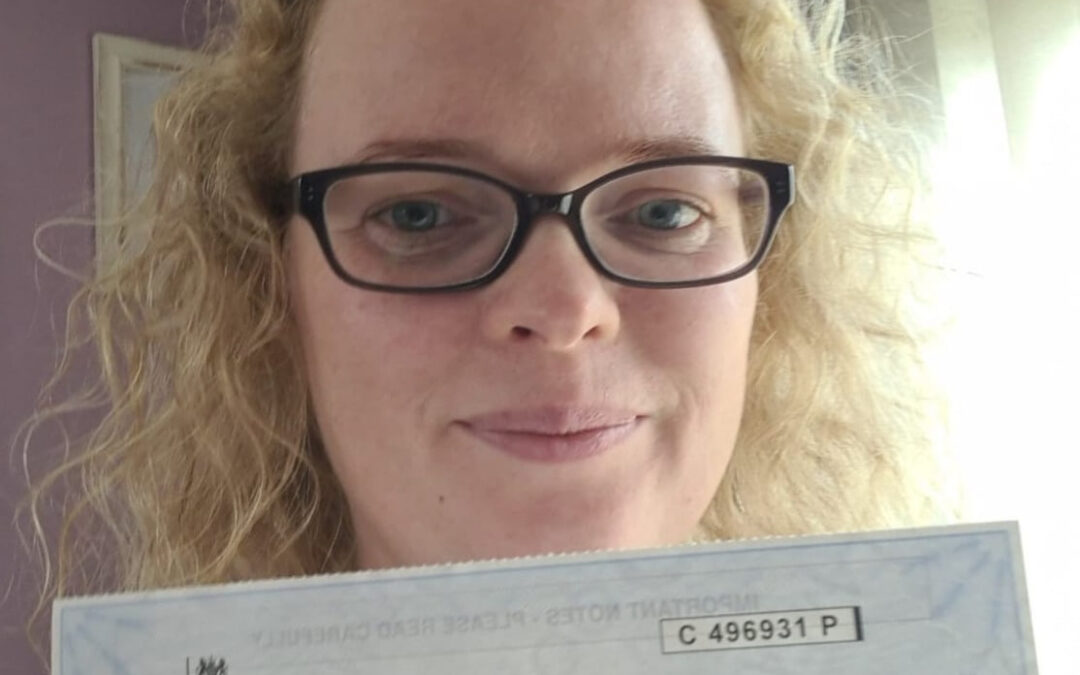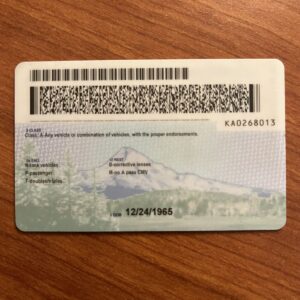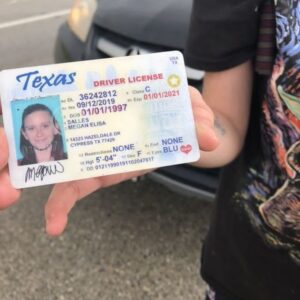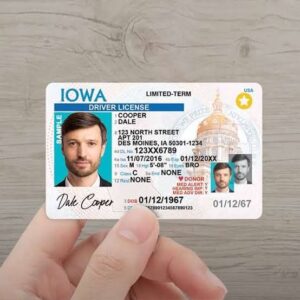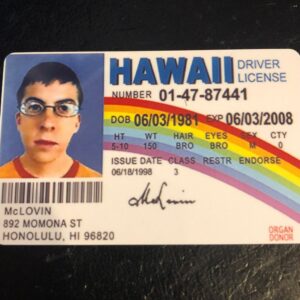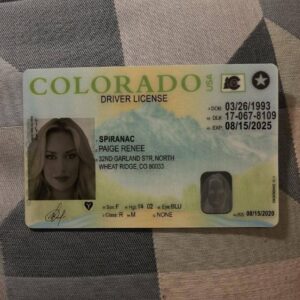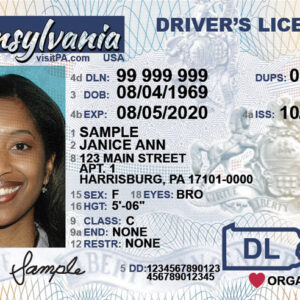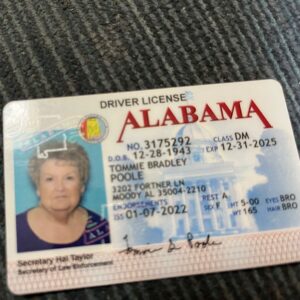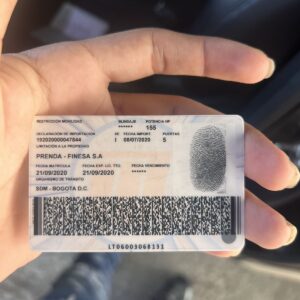Unlocking the Road to Success: The Importance of DMV Practice Tests
Imagine sitting behind the wheel, ready to embark on a journey towards freedom and independence. But before you can hit the open road, there’s an essential step you must conquer: passing the DMV (Department of Motor Vehicles) exam. This is where DMV practice tests come into play, acting as a crucial tool in preparing aspiring drivers for success.
Understanding the DMV Practice Test

- What is a DMV Practice Test?
A DMV practice test is a simulated exam designed to mimic the format and content of the official DMV test. It consists of multiple-choice questions that assess your knowledge of road signs, traffic laws, safe driving practices, and emergency procedures. - Why are DMV Practice Tests Essential?
DMV practice tests are essential because they provide an opportunity to familiarize yourself with the exam format, assess your knowledge, and identify areas that require further study. They allow you to gain confidence and increase your chances of passing the official DMV test on your first attempt. - How Can DMV Practice Tests Benefit You?
DMV practice tests offer several benefits, including:
- Reinforcing your understanding of road signs and their meanings.
- Enhancing your knowledge of traffic laws and regulations.
- Developing safe driving practices and awareness of emergency procedures.
- Improving your test-taking skills, such as time management and question analysis.
- Boosting your confidence and reducing test anxiety.
Preparing for the DMV Practice Test
- Gather the Necessary Resources
Start by obtaining the driver’s manual provided by your local DMV. This comprehensive guide contains all the information you need to know for the exam. Additionally, gather online resources, practice test books, and mobile apps that offer DMV practice tests. - Familiarize Yourself with the Exam Format
Take the time to understand the structure and content of the DMV practice test. This will help you become comfortable with the types of questions you’ll encounter and the time constraints you’ll face during the actual exam. - Create a Study Plan
Develop a study plan that fits your schedule and allows for consistent practice. Set specific goals and allocate time to review the driver’s manual, take practice tests, and focus on weak areas. - Utilize Online Resources and Apps
Make use of online resources and mobile apps that offer DMV practice tests. These tools provide a convenient and interactive way to reinforce your knowledge, track your progress, and simulate test conditions. The Key Components of a DMV Practice Test - Road Signs and Their Meanings
Study and understand the various road signs, including their shapes, colors, symbols, and the actions they require from drivers. - Traffic Laws and Regulations
Familiarize yourself with the rules of the road, including speed limits, right-of-way, parking regulations, and other traffic laws specific to your region. - Safe Driving Practices
Learn about defensive driving techniques, proper lane usage, signaling, merging, and maintaining a safe distance from other vehicles. - Emergency Situations and Procedures
Understand how to respond to emergencies such as accidents, breakdowns, inclement weather conditions, and other unexpected situations.
Strategies for Effective Test Preparation
- Review the Driver’s Manual
Thoroughly read and study the driver’s manual, taking notes and highlighting important information. Focus on understanding the concepts rather than memorizing specific details. - Take Advantage of Practice Test Questions
Regularly take practice tests to assess your knowledge and identify areas that require further study. Analyze your mistakes and review the corresponding sections in the driver’s manual. - Simulate Real Exam Conditions
Create a test-like environment by timing yourself and eliminating distractions. This will help you become accustomed to the pressure and time constraints you’ll experience during the actual DMV test. - Identify Weak Areas and Focus on Them
Pay attention to the questions you struggle with during practice tests. Dedicate extra study time to these areas and seek additional resources or guidance if needed.
Tips for Acing the DMV Practice Test
- Read Questions Carefully
Take the time to read each question thoroughly and understand what is being asked. Pay attention to details and avoid rushing through the questions. - Eliminate Incorrect Answers
Use the process of elimination to narrow down your options and increase your chances of selecting the correct answer. Cross out obviously incorrect choices to help focus your decision-making. - Time Management Techniques
Manage your time wisely during the practice test. If you’re unsure about a question, make an educated guess and move on. Return to challenging questions later if time allows. - Stay Calm and Confident
Maintain a positive mindset and believe in your abilities. Don’t let anxiety or stress hinder your performance. Take deep breaths, stay focused, and trust in the preparation you’ve done. Final Thoughts
Mastering the DMV Practice Test: Your Gateway to Driving Success
By understanding the importance of DMV practice tests and following the strategies outlined in this guide, you’ll be well-prepared to tackle the official DMV exam with confidence and success. Remember, practice makes perfect, and the more you invest in preparing for the test, the better equipped you’ll be to navigate the roads safely and responsibly.

